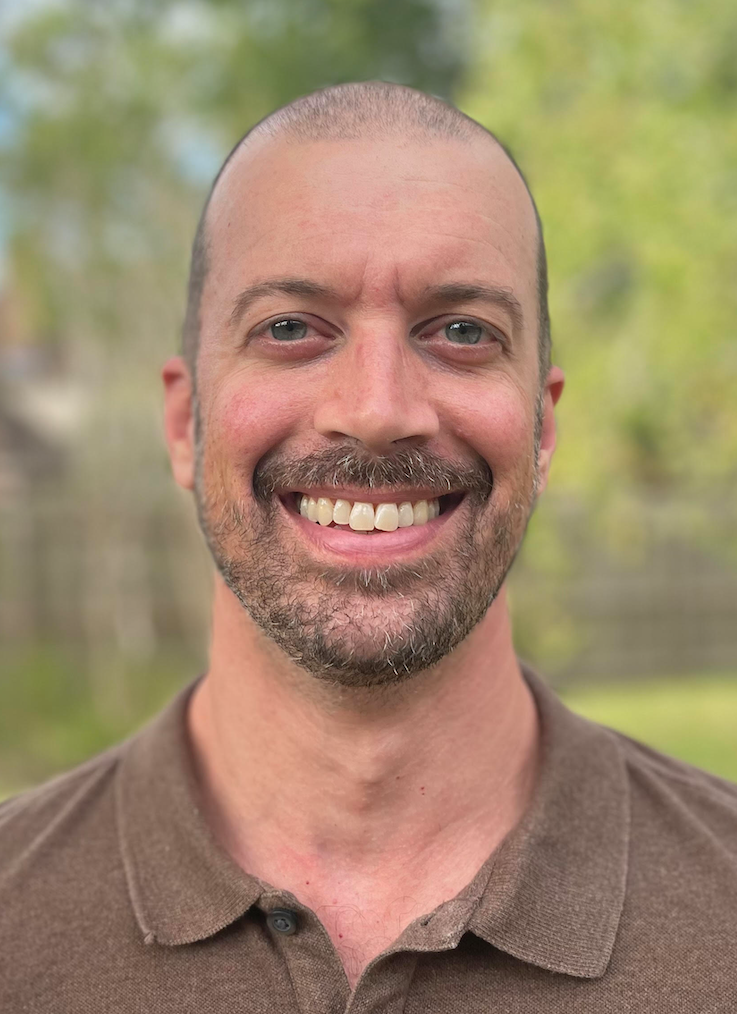There is no one-size-fits-all when it comes to receiving care for substance use disorders. Where one person might need medical intervention to help ease off of heavy and continued use, another might need relapse prevention planning and coping strategies. Luckily there are many types of service at different levels of care, ranging from early intervention/prevention strategies, to 24-hour medically managed inpatient services. If you or someone you know or love is struggling with addiction or substance abuse there is a level of care somewhere between these extremes that is right for you. The following are four of the most common levels of care when it comes to receiving substance abuse treatment.
Alcohol or Drug Detoxification
Usually shortened to “detox.” This level of care is for individuals who have been using or drinking recently and heavily enough to need medical help off the drugs or alcohol. When in detox, the individual is under the direct care of physicians, qualified nurses, and addiction counselors who work together to safely get the individual off drugs and alcohol. When a person stops using drugs or alcohol suddenly they can go into withdrawal. Experiencing withdrawal can be uncomfortable at the best of times and deadly at the worst. It is the goal of this level of care to ease the discomfort of withdrawal and avoid dangerous symptoms of withdrawal such as seizures and stroke.
When in Detox a person stays at an appropriately licensed facility, or unit in a hospital setting. The length of stay in detox is determined by the doctor and is based on severity of withdrawal. Usually it can last anywhere between 5 – 10 days but can go longer if medically necessary.
Residential Addiction Treatment
People usually enter Inpatient or residential addiction treatment or after successfully completing detox. Residential treatment is for individuals who need a safe and stable living environment in order to develop skills to prevent relapse. This level of care is defined by a 24-hour supportive treatment environment staffed by licensed addiction counselors, social workers, registered nurses, and professional direct care staff. Individuals live at the facility, eat together, attend group counseling, complete assignments, and develop tools to gain and remain abstinent.
The length of stay for someone in an inpatient environment varies widely based on their needs and circumstances. Recommendations for best outcomes is somewhere between 30-90 days.
Partial Hospitalization Programs
Partial Hospitalization Programs or “PHPs,” are also known as day treatment facilities. This level of care is a structured outpatient program used both as a step down from residential and as an entry point for individuals who don’t need residential care. PHP offers a minimum of 20 hours per week of clinical treatment services, usually during the day, that include individual and group counseling, family therapy, relapse prevention planning, and development of coping strategies.
The main difference between PHP and residential treatment is that in PHP the patients live outside the facility, either in sober living or a safe a stable home environment. The length of stay in PHP is based on the needs and circumstances of each individual and can last anywhere between 14 and 35 service days.
Intensive Outpatient
Intensive outpatient or “IOP” is an outpatient program like PHP where the individuals live and work outside the facility. Structured programming is usually provided around 10-12 hours a week. This includes group counseling and education, individual counseling, psychiatric and medical referral services, relapse prevention planning, and developing coping strategies. Services are provided by licensed addiction counselors with access to psychiatric and medical consultation.
IOP programs can be held in outpatient offices as well as freestanding facilities as long as they are appropriately licensed. Length of stay in IOP generally lasts between 4-12 weeks depending on the needs of the person and severity of their condition.
Knowing which level of care is right for you or your loved one depends on use history, living environment, and medical necessity. Placement into the appropriate level of care is best achieved by participating in a comprehensive screening and assessment by a licensed professional. If you or a loved one needs help getting sober, please contact Bay Area Recovery Center today!
